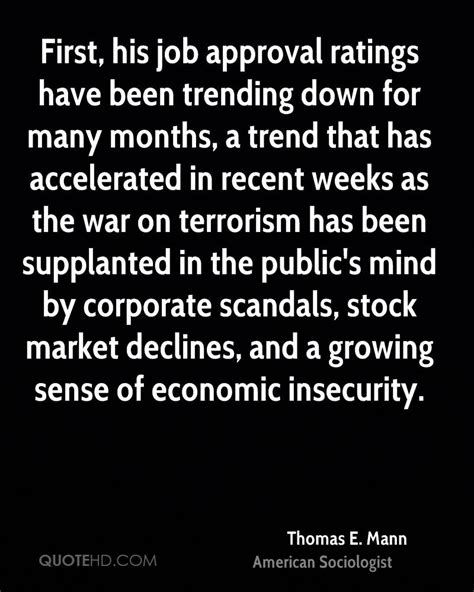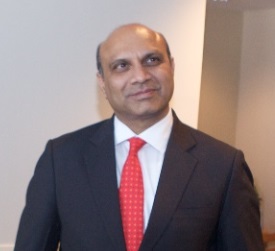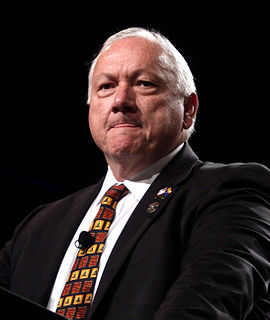A Quote by Rick Perlstein
Somehow, failures in the public sector are always judged as systematic. The private sector thus exists to ride to the rescue - and their failures are only judged anomalies. A pretty nice arrangement for investors. The only people who suffer are the citizens.
Related Quotes
Private sector unionization is down to practically seven percent. Meanwhile the public sector unions have kind of sustained themselves [even] under attack, but in the last few years, there's been a sharp [increase in the] attack on public sector unions, which Barack Obama has participated in, in fact. When you freeze salaries of federal workers, that's equivalent to taxing public sector people.
The private sector is first of all much larger than the public sector. The waste we see in that sector does not result from the fact that people spend their money carelessly. Mostly, it occurs because what one family must spend to achieve its goals often depends heavily on what other families spend.








































